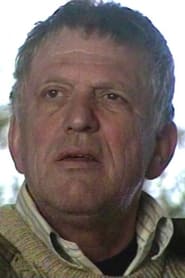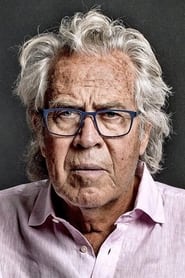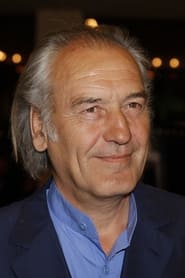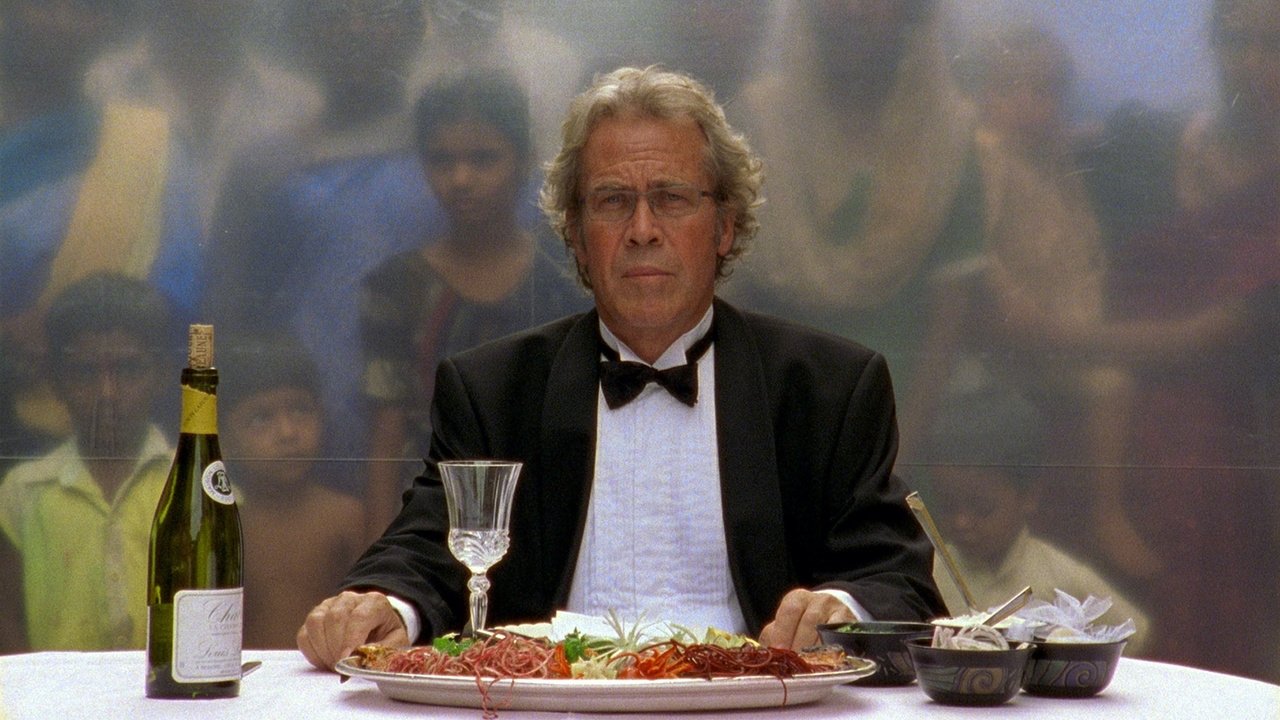

The Five Obstructions(2003)
Lars von Trier challenges his mentor, filmmaker Jørgen Leth, to remake Leth’s 1967 short film The Perfect Human five times, each with a different set of bizarre and challenging rules.

Movie: The Five Obstructions
Top 10 Billed Cast
The Perfect Woman (from Det perfekte menneske) (archive footage)
The Perfect Man (segment "Cuba")
(segment "Cuba")
Maid (segment "Brussels")
Couple (Man) (segment "Brussels")
Video Trailer The Five Obstructions
Recommendations Movies
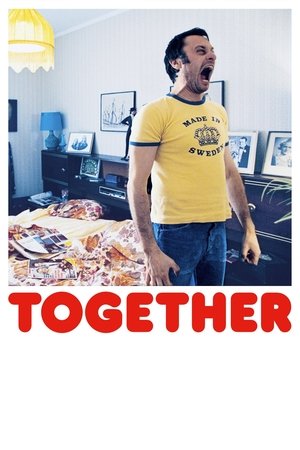 7.0
7.0Together(sv)
Elisabeth leaves her abusive and drunken husband Rolf, and goes to live with her brother, Göran. The year is 1975 and Göran lives in a commune called Together. Living in this leftist commune Elisabeth learns that the world can be viewed from different perspectives.
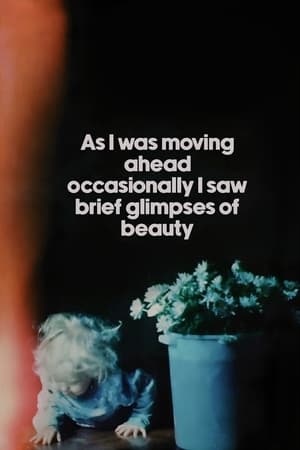 7.6
7.6As I Was Moving Ahead, Occasionally I Saw Brief Glimpses of Beauty(en)
A compilation of over 30 years of private home movie footage shot by Lithuanian-American avant-garde director Jonas Mekas, assembled by Mekas "purely by chance", without concern for chronological order.
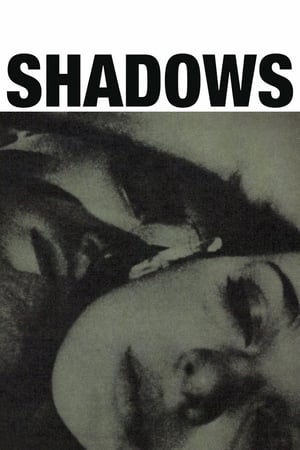 6.9
6.9Shadows(en)
The relationship between Lelia, a light-skinned black woman, and Tony, a white man is put in jeopardy when Tony meets Lelia’s darker-skinned jazz singer brother, Hugh, and discovers that her racial heritage is not what he thought it was.
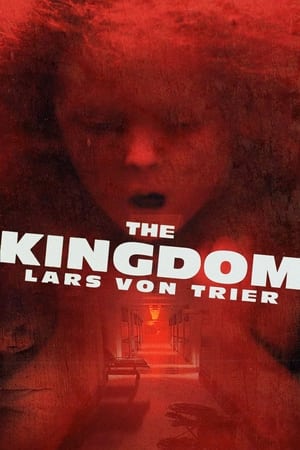 7.7
7.7The Kingdom(da)
Set in the neurosurgical ward of Copenhagen's Rigshospitalet, the city and country's main hospital, nicknamed "Riget", a number of characters, staff and patients alike, encounter bizarre phenomena, both human and supernatural.
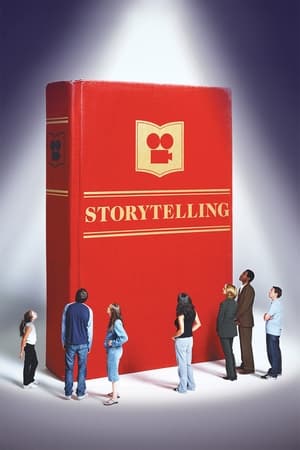 6.5
6.5Storytelling(en)
College and high school serve as the backdrop for two stories about dysfunction and personal turmoil.
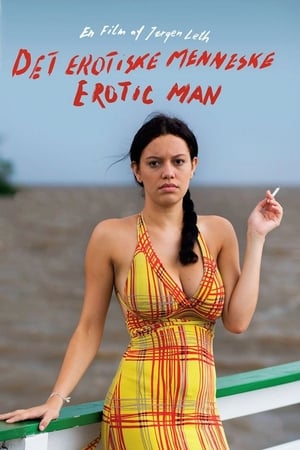 5.0
5.0The Erotic Man(en)
The film has been ten years in the making, and over time it has grown to become what the director himself has called an artistic testament. It is simultaneously his most personal and most provocative film. A film about growing older, about losing, about the special moments one remembers, and about the director's own circling around the essence of eroticism.
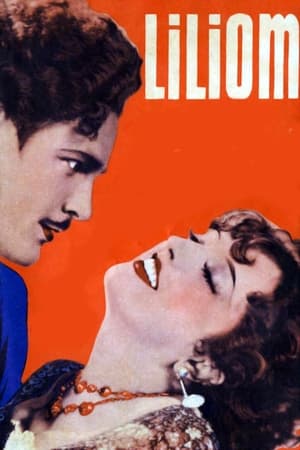 6.8
6.8Liliom(en)
A carousel barker falls in love with a young woman. Both are fired from their jobs, and when the young woman becomes pregnant, the carousel barker tries to help pull off a robbery, which goes wrong. Because of the robbery, he dies, and after spending time in hell, is sent back to earth for one day to try to make amends. Preserved by the Academy Film Archive.
 6.7
6.7The Perfect Human(da)
An elegant and humorous film—in the guise of a serious anthropological treatise—spotlights "The Perfect Human," a model of the modern Dane created by our wishful thinking.
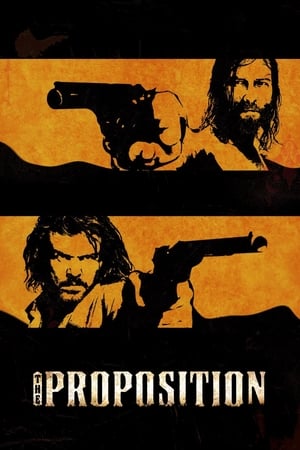 7.0
7.0The Proposition(en)
In 1880s Australia, a lawman offers renegade Charlie Burns a difficult choice. In order to save his younger brother from the gallows, Charlie must hunt down and kill his older brother, who is wanted for rape and murder. Venturing into one of the Outback's most inhospitable regions, Charlie faces a terrible moral dilemma that can end only in violence.
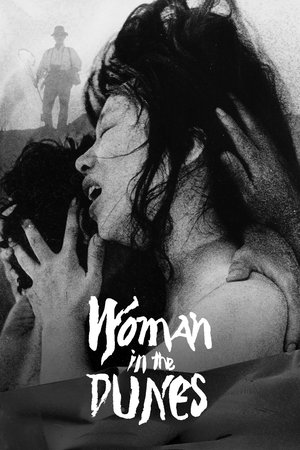 8.2
8.2Woman in the Dunes(ja)
A vacationing entomologist suffers extreme physical and psychological trauma after being taken captive by the residents of a poor seaside village and made to live with a woman whose life task is shoveling sand for them.
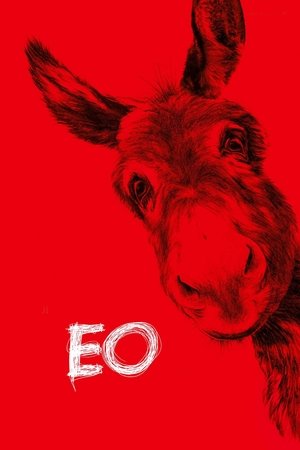 6.5
6.5EO(pl)
The world is a mysterious place when seen through the eyes of an animal. EO, a grey donkey with melancholic eyes, meets good and bad people on his life’s path, experiences joy and pain, endures the wheel of fortune randomly turn his luck into disaster and his despair into unexpected bliss. But not even for a moment does he lose his innocence.
 6.5
6.5The Idiots(da)
A mix of home-video and documentary styles about a group of young people who have decided to get to know their “inner-idiots” and thus not only facing and breaking their outer appearance but also their inner.
 7.4
7.4Zelig(en)
Fictional documentary about the life of human chameleon Leonard Zelig, a man who becomes a celebrity in the 1920s due to his ability to look and act like whoever is around him. Clever editing places Zelig in real newsreel footage of Woodrow Wilson, Babe Ruth, and others.
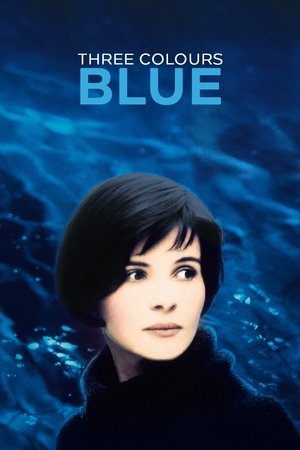 7.7
7.7Three Colors: Blue(fr)
The wife of a famous composer survives a car accident that kills her husband and daughter. Now alone, she shakes off her old identity and explores her newfound freedom but finds that she is unbreakably bound to other humans, including her husband’s mistress, whose existence she never suspected.
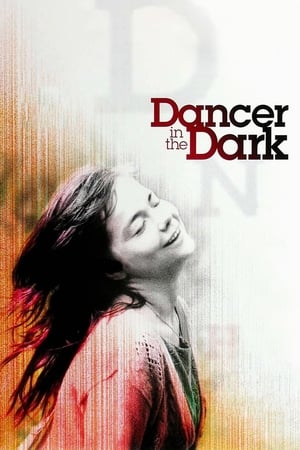 7.9
7.9Dancer in the Dark(en)
Selma, a Czech immigrant on the verge of blindness, struggles to make ends meet for herself and her son, who has inherited the same genetic disorder and will suffer the same fate without an expensive operation. When life gets too difficult, Selma learns to cope through her love of musicals, escaping life's troubles – even if just for a moment – by dreaming up little numbers to the rhythmic beats of her surroundings.
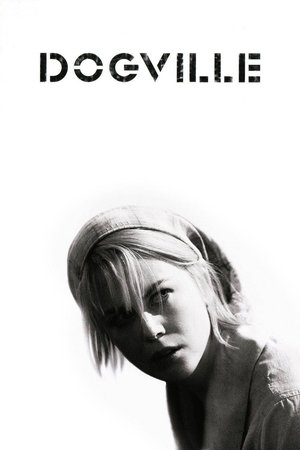 7.8
7.8Dogville(en)
When beautiful young Grace arrives in the isolated township of Dogville, the small community agrees to hide her from a gang of ruthless gangsters, and, in return, Grace agrees to do odd jobs for the townspeople.
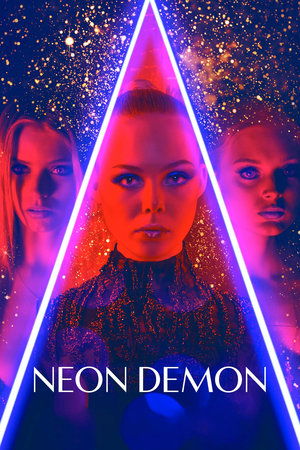 6.5
6.5The Neon Demon(en)
When aspiring model Jesse moves to Los Angeles, her youth and vitality are devoured by a group of beauty-obsessed women who will take any means necessary to get what she has.
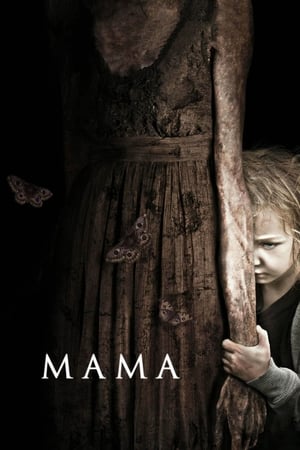 6.3
6.3Mama(en)
Guillermo del Toro presents Mama, a supernatural thriller that tells the haunting tale of two little girls who disappeared into the woods the day that their parents were killed. When they are rescued years later and begin a new life, they find that someone or something still wants to come tuck them in at night.
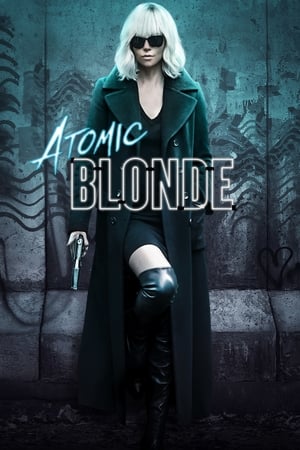 6.4
6.4Atomic Blonde(en)
An undercover MI6 agent is sent to Berlin during the Cold War to investigate the murder of a fellow agent and recover a missing list of double agents.
Similar Movies
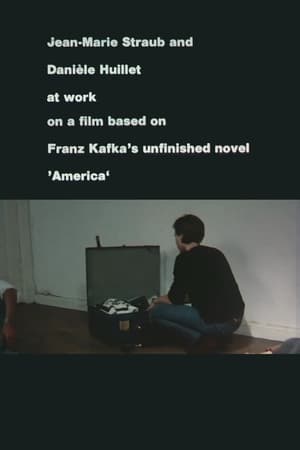 6.1
6.1Jean-Marie Straub and Danièle Huillet at Work on a Film Based on Franz Kafka’s Amerika(de)
This film is at once a self-portrait and an homage to Jean-Marie Straub, Farocki's role model and former teacher at the Film Academy.
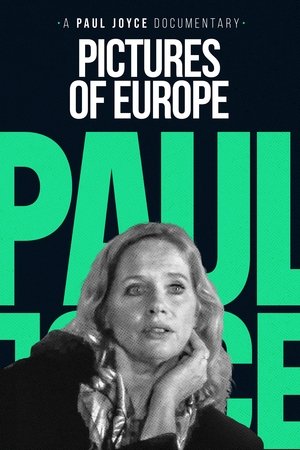 0.0
0.0Pictures of Europe(en)
What makes European cinema so special? Find out in Paul Joyce’s feature-length documentary, Pictures of Europe, which examines the differences between American independent and Hollywood movies and films from European directors. Featuring luminary iconoclasts from European cinema such as Agnes Varda, Bernardo Bertolucci and Pedro Almodovar, as well as American counterpoints from Paul Schrader, and those who have crossed back and forth, such as Paul Verhoeven
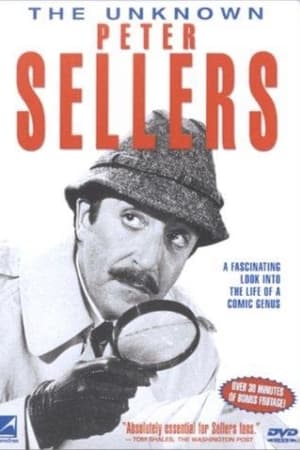 8.0
8.0The Unknown Peter Sellers(en)
Documentary about the life and career of a comic genius, Peter Sellers.
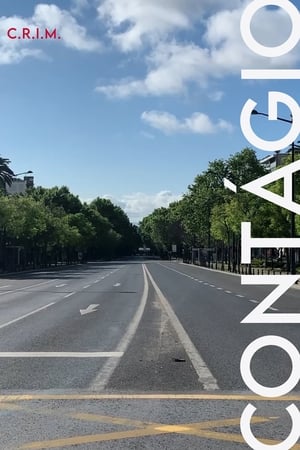 0.0
0.0Contágio(pt)
Several Portuguese creators occupy the director's chair in this collective short film shot during the COVID-19 pandemic shutdown in an unfolding of personal perspectives.
 5.8
5.8Room 999(fr)
In 1982, Wim Wenders asked 16 of his fellow directors to speak on the future of cinema, resulting in the film Room 666. Now, 40 years later, in Cannes, director Lubna Playoust asks Wim Wenders himself and a new generation of filmmakers (James Gray, Rebecca Zlotowski, Claire Denis, Olivier Assayas, Nadav Lapid, Asghar Farhadi, Alice Rohrwacher and more) the same question: “is cinema a language about to get lost, an art about to die?”
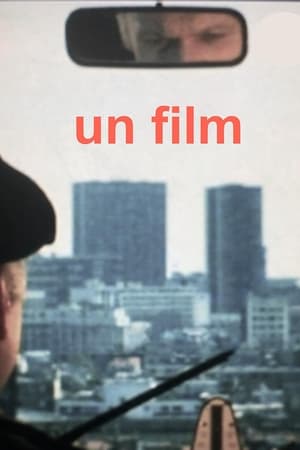 7.0
7.0Un film (autoportrait)(fr)
The shooting diary of a film shot in France and in the United States. Using photos of Paris and of New York City, excerpts of his former films, statements by friends of his and shooting sequences of the film itself, tormented filmmaker Marcel Hanoun has made a heterogeneous and unclassifiable film about the difficulty of filming.
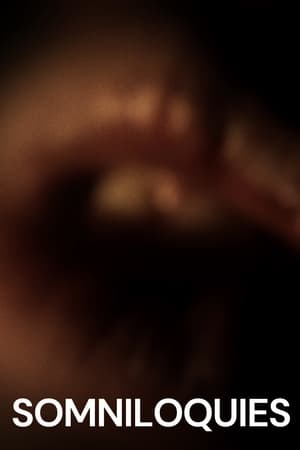 7.6
7.6Somniloquies(en)
Works with sound recordings of Dion McGregor, who became famous for talking in his sleep.
 7.5
7.5Boundless(cn)
As Hong Kong's foremost filmmaker, Johnnie To himself becomes the protagonist of this painstaking documentary exploring him and his Boundless world of film. A film student from Beijing and avid Johnnie To fan, Ferris Lin boldly approached To with a proposal to document the master director for his graduation thesis. To agreed immediately and Lin's camera closely followed him for over two years, capturing the man behind the movies and the myths. The result is Boundless, a candid profile of one of Hong Kong's greatest directors and a heartfelt love letter to Hong Kong cinema.
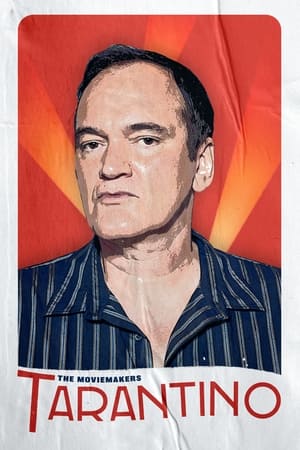 5.7
5.7The Moviemakers: Tarantino(en)
Since the early 1990s, Quentin Tarantino has been on a cinematic rollercoaster ride, that's never looked like slowing down, that has cemented himself as one of the worlds most influential filmmakers. Through his unique style, Tarantino carved out a place in Hollywood just for him, and even when others have tried to emulate him, his films stand-out amongst the crowd. And with one movie left before he supposedly retires, we take a look back at the ups and downs of his incredible life on film.
 7.3
7.3We Feed the World(de)
A documentary that exposes the shocking truths behind industrial food production and food wastage, focusing on fishing, livestock and crop farming. A must-see for anyone interested in the true cost of the food on their plate.
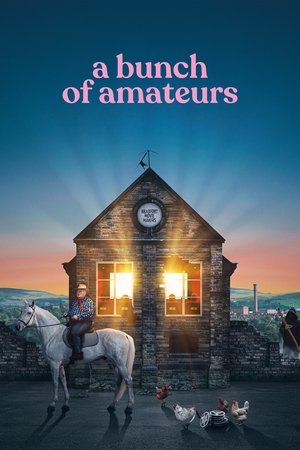 5.8
5.8A Bunch of Amateurs(en)
A bunch of British working class amateur filmmakers with nothing left to lose tackle one of Hollywood's greatest musicals in order to save their beloved Club. Britain’s oldest amateur filmmaking club struggles to survive, as its members grow old amid flickering memories and hardships. In the northern industrial town of Bradford, England, a handful of diehard amateur filmmakers desperately cling to their dreams, and to each other, in this warm and funny look at shared artistic folly that speaks to the delusional dreamer in us all.
 5.3
5.3Enter the Anime(en)
What is anime? Through deep-dives with notable masterminds of this electrifying genre, this fast-paced documentary seeks to find the answers.
Quentin Tarantino: From a Movie Buff to a Hollywood Legend(en)
Who has ever compared Reservoir Dogs? What are “Open Road” and “New World Disorder”? Why is Harvey Keitel a fairy and how did we all almost become diehard fans of Paul Calderon? Here’s a story about Quentin Tarantino. The director who needs no introduction.
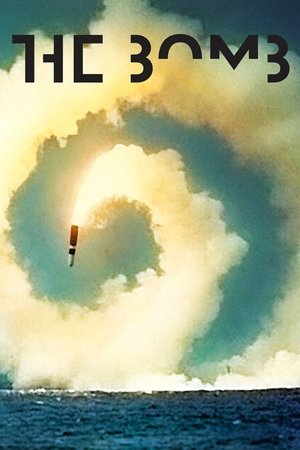 7.0
7.0The Bomb(en)
Filmmakers use archival footage and animation to explore the culture surrounding nuclear weapons, the fascination they inspire and the perverse appeal they still exert.
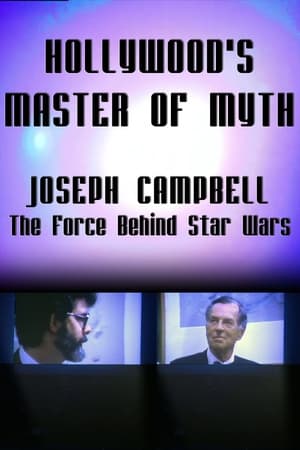 0.0
0.0Hollywood's Master of Myth: Joseph Campbell - The Force Behind Star Wars(en)
Documentary charting the contribution to Hollywood movies made by writer Joseph Campbell, whose ideas about mythic structure helped shape Star Wars.
 6.0
6.0Impressions from the Upper Atmosphere(es)
Sistiaga painted directly on 70mm film a circular (planetary?) form, around which dance shifting colours in a psychedelic acceleration matched by the soundtrack’s deep-space roar and howl. - Cinema Scope
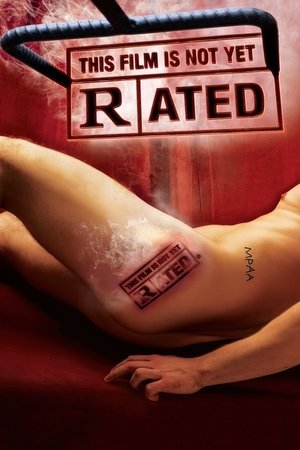 7.1
7.1This Film Is Not Yet Rated(en)
Kirby Dick's provocative documentary investigates the secretive and inconsistent process by which the Motion Picture Association of America rates films, revealing the organization's underhanded efforts to control culture. Dick questions whether certain studios get preferential treatment and exposes the discrepancies in how the MPAA views sex and violence.
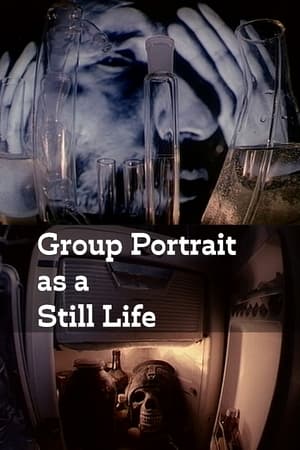 5.0
5.0Group Portrait as a Still Life(ru)
Documentary on the interdependence of the world of the living and the dead, and 'the infernal influence on the thoughts and actions of living people.
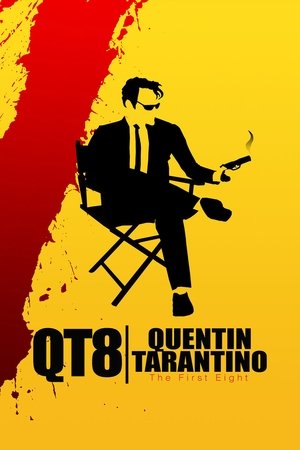 7.2
7.2QT8: The First Eight(en)
A detailed account of the life and artistic career of legendary filmmaker Quentin Tarantino, from his early days as a video club manager to the scandalous fall in disgrace of producer Harvey Weinstein. A story about how to shoot eight great movies and become an icon of modern pop culture.
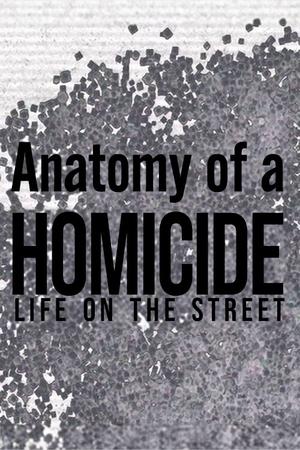 7.0
7.0Anatomy of a 'Homicide: Life on the Street'(en)
A brief look at the history of "Homicide: Life on the Street", one of the best shows on television and its ratings history as well as some of the people on the show, as well as behind the camera. The primary focus of this PBS documentary is the "Subway" episode which aired on December 5, 1997 on NBC. This two-hour documentary follows the "Subway" episode from conception to award nominations.
